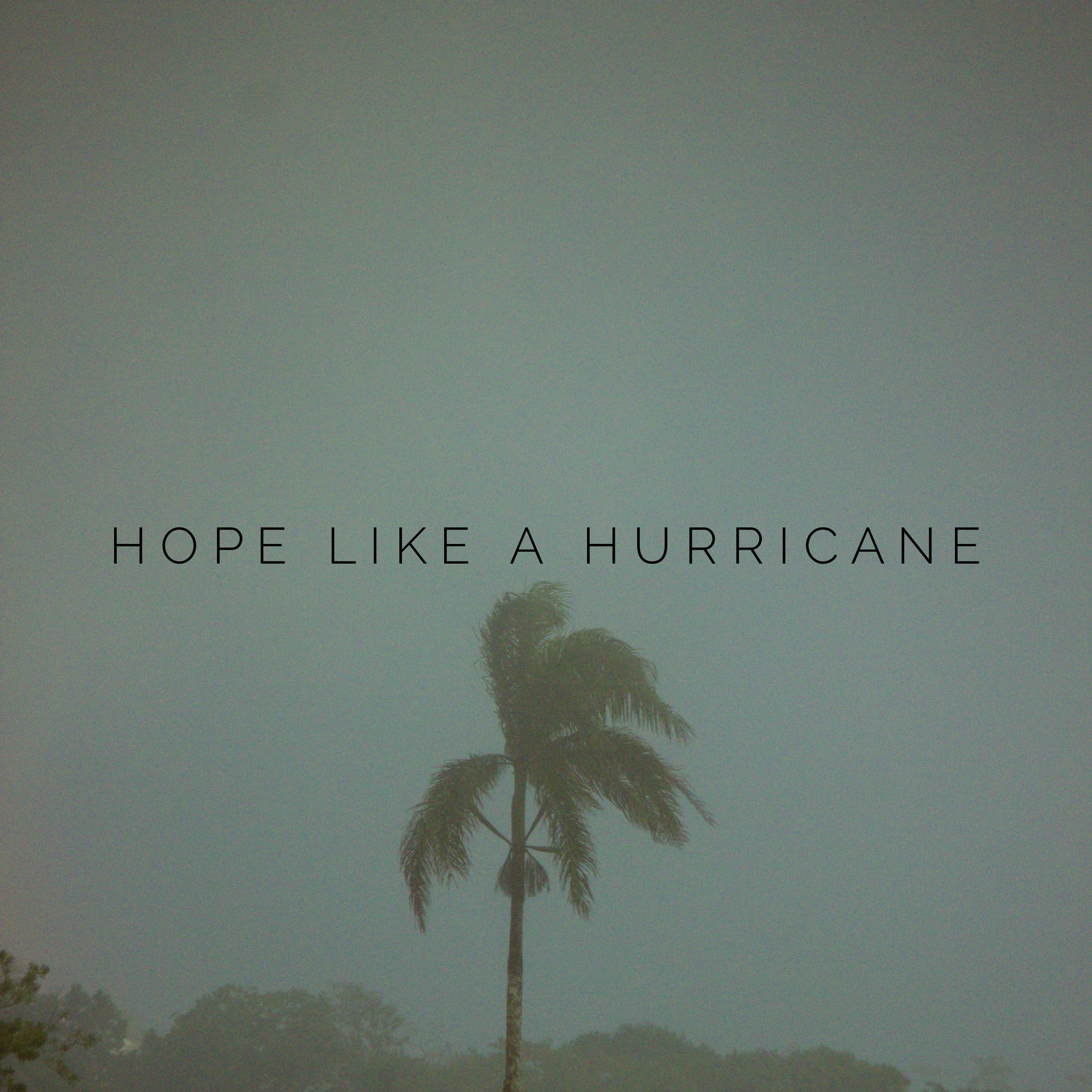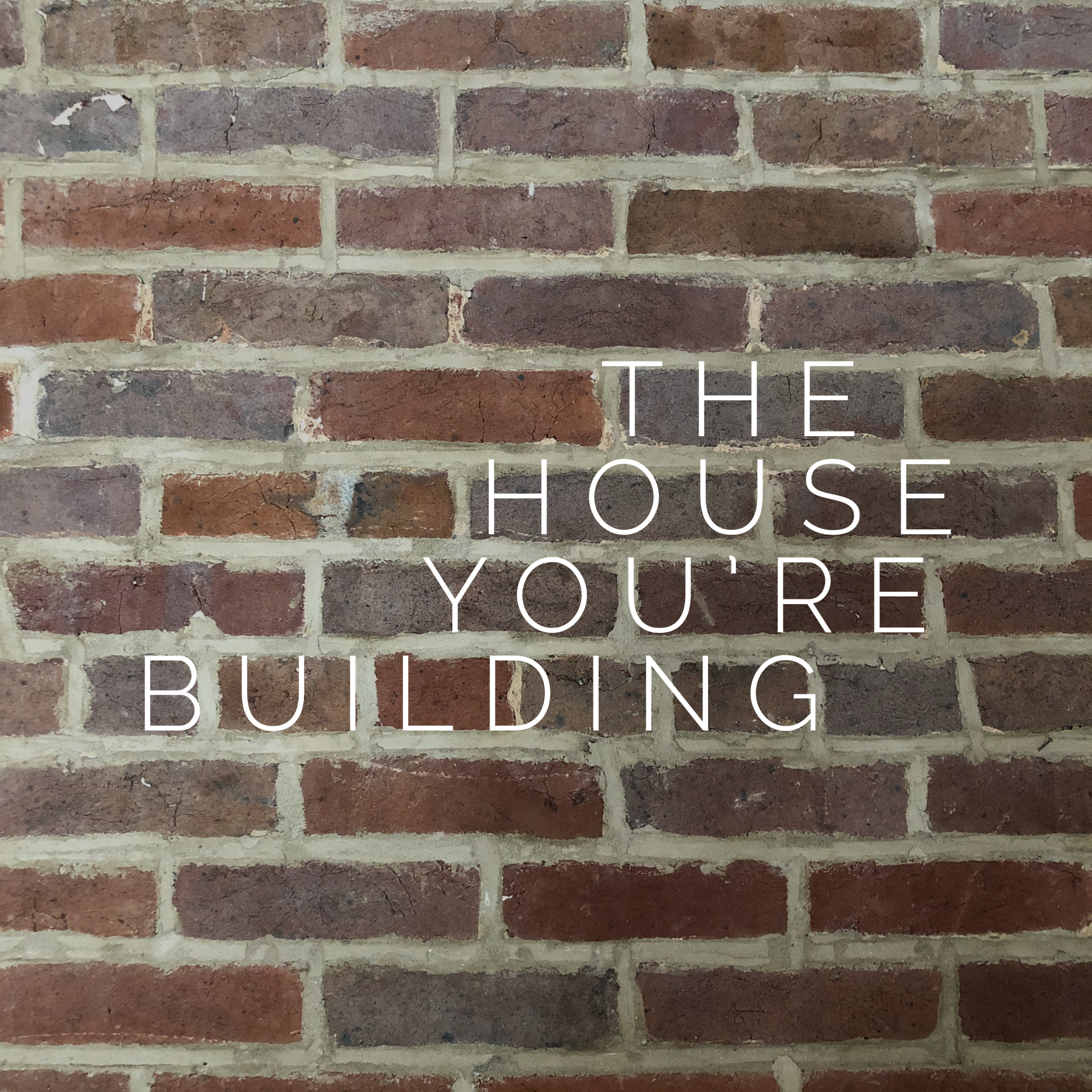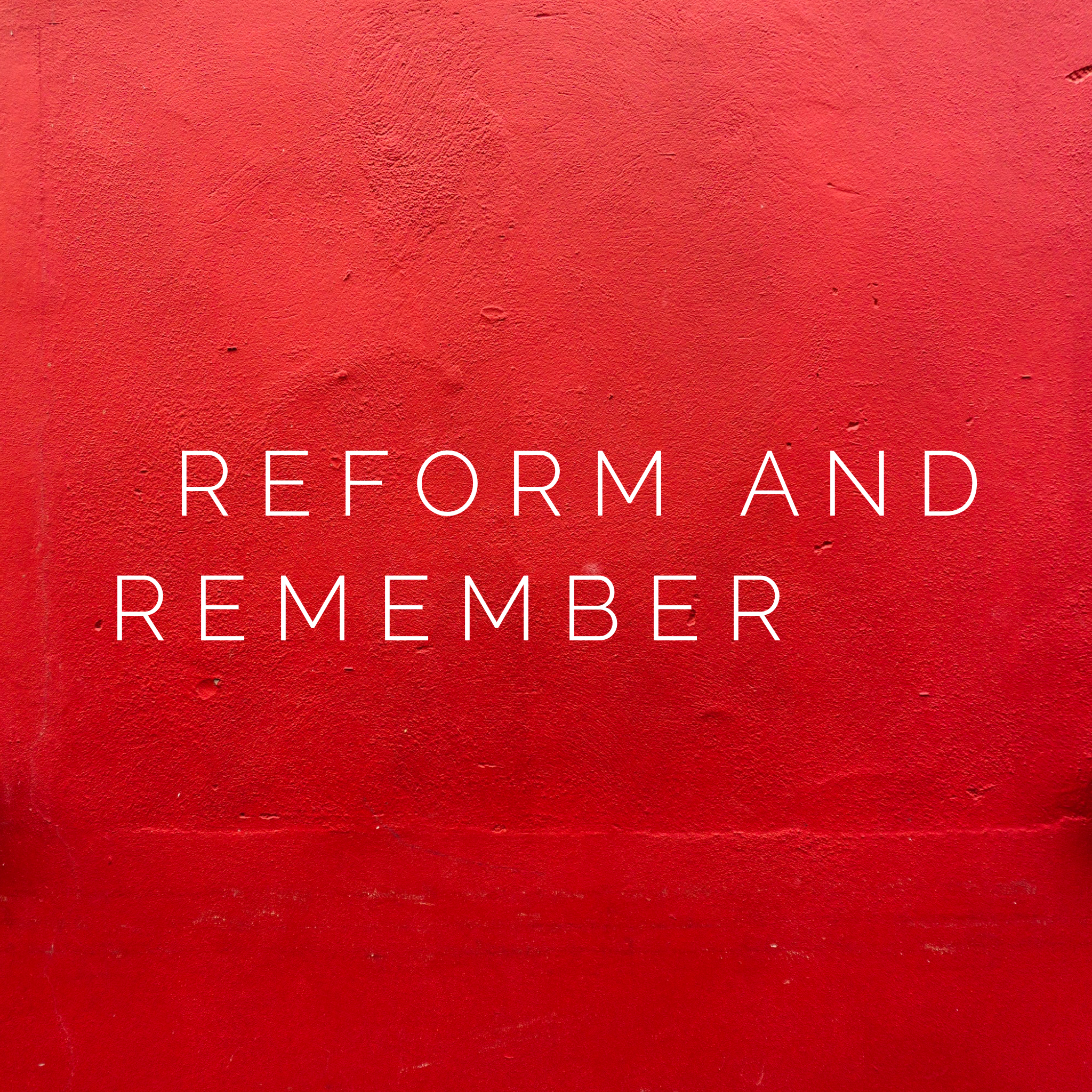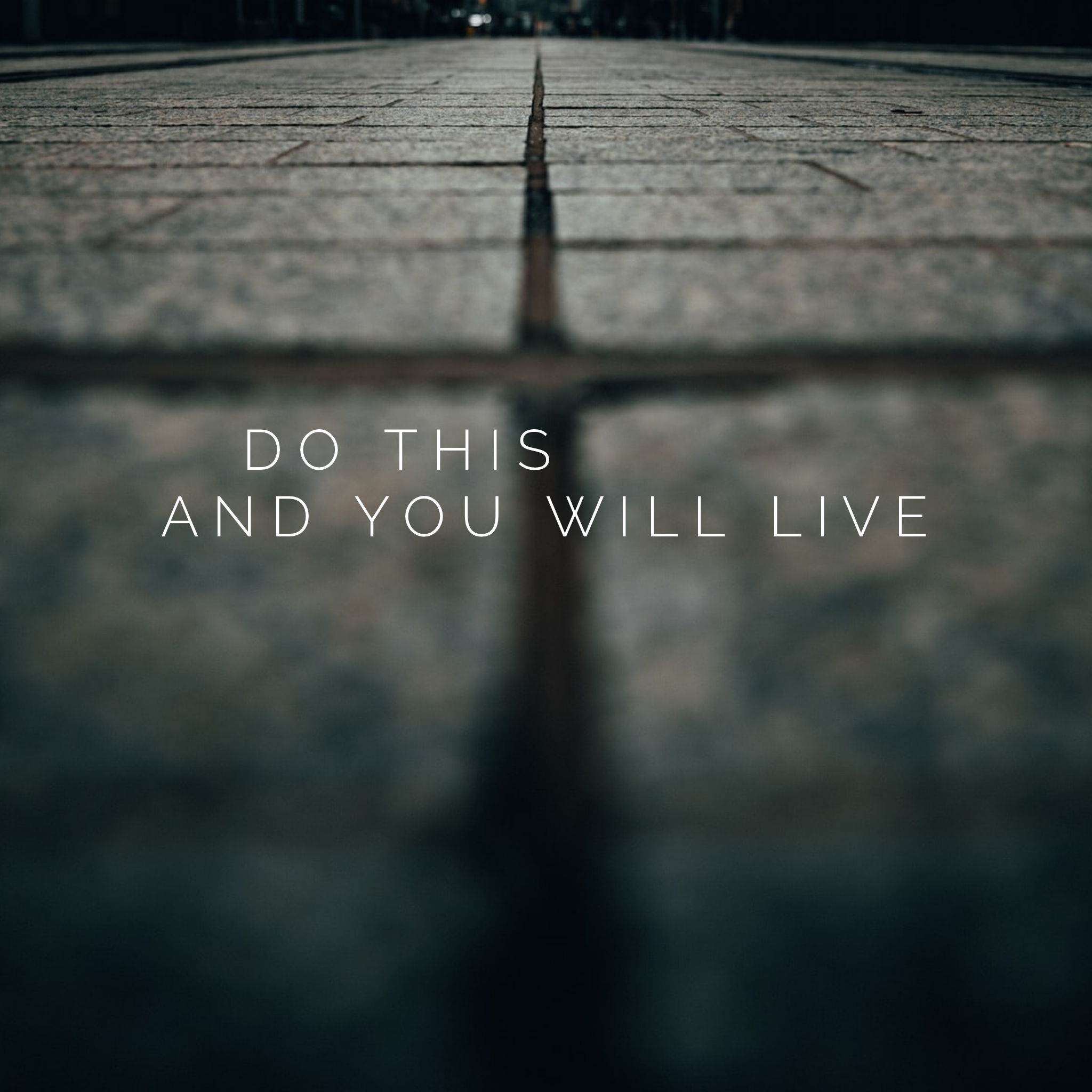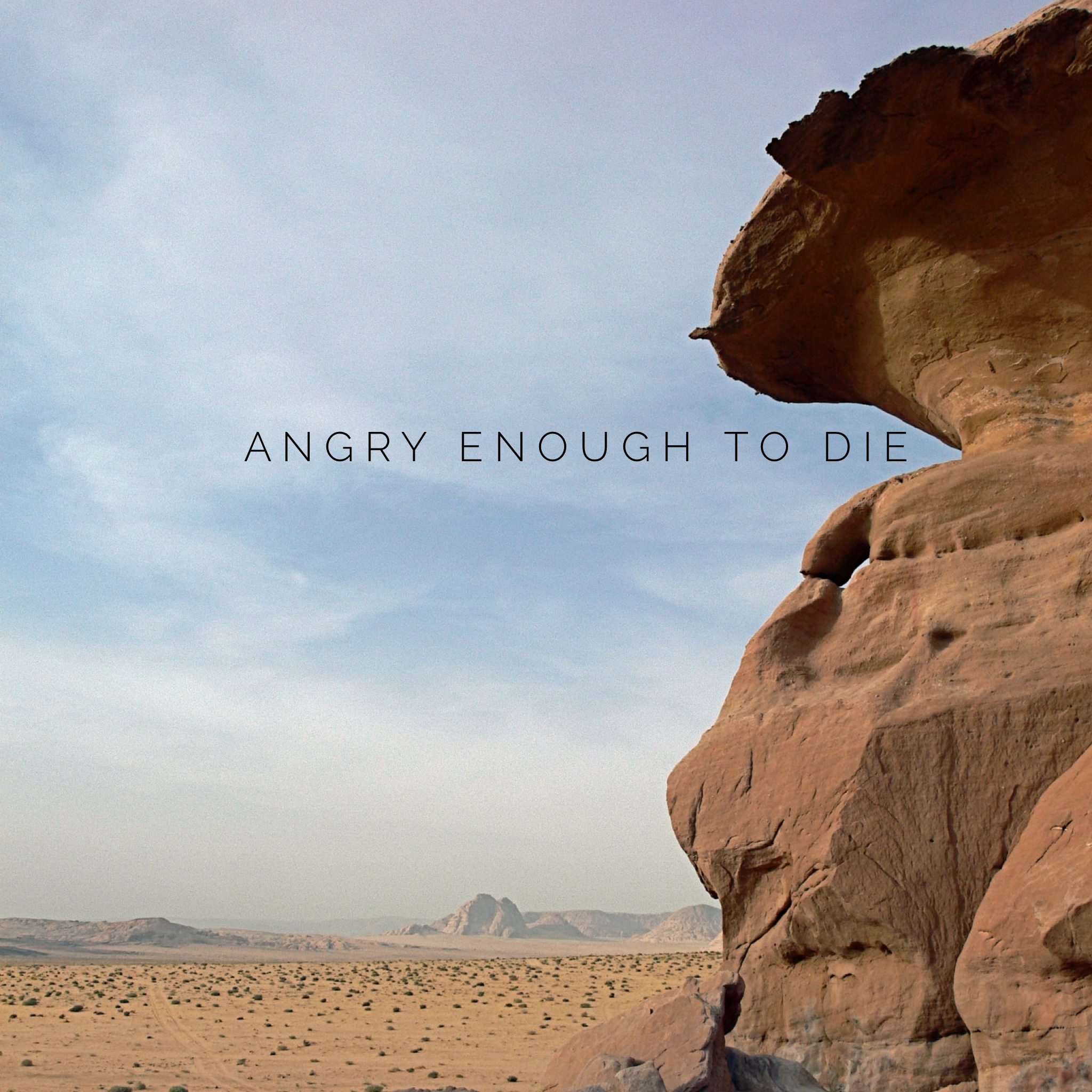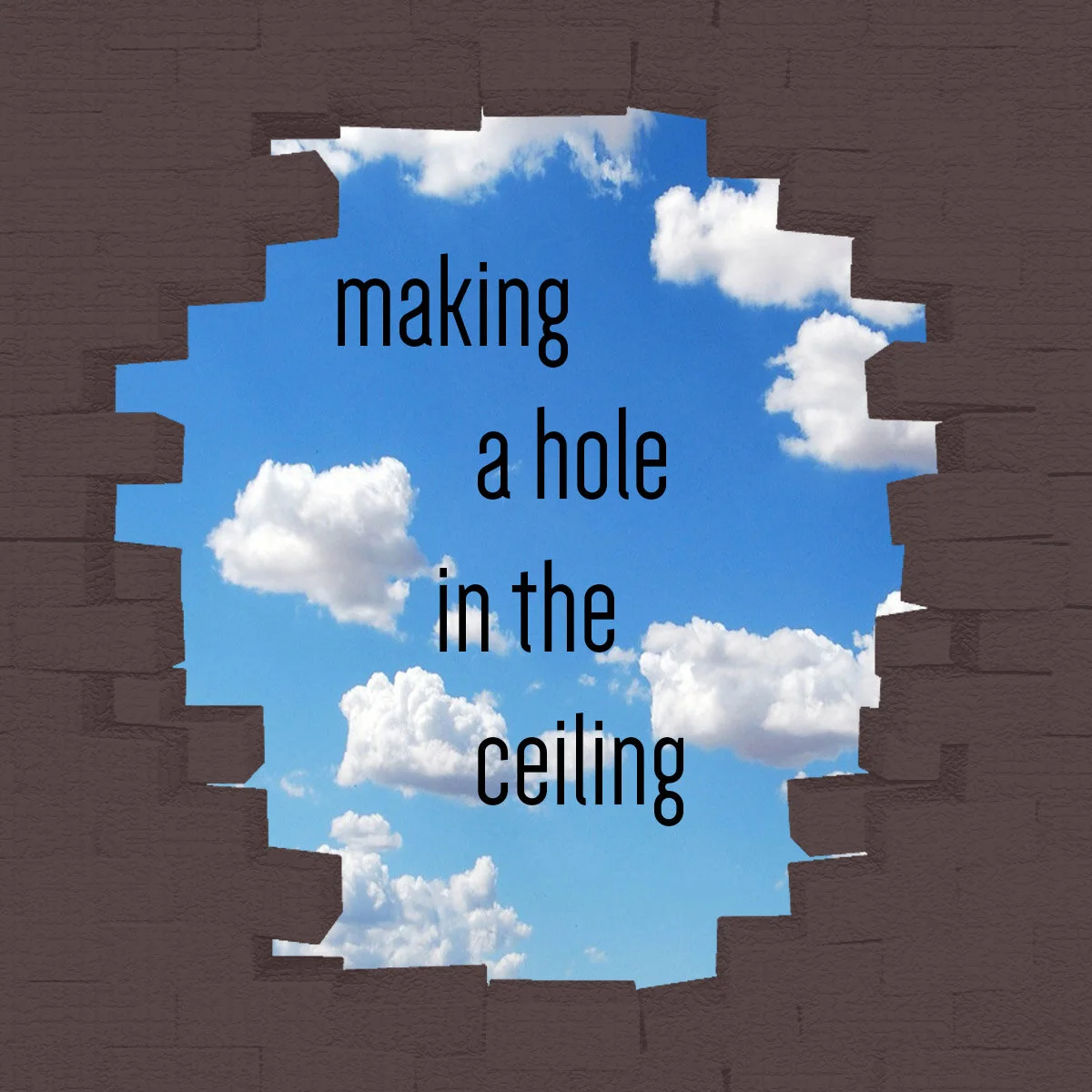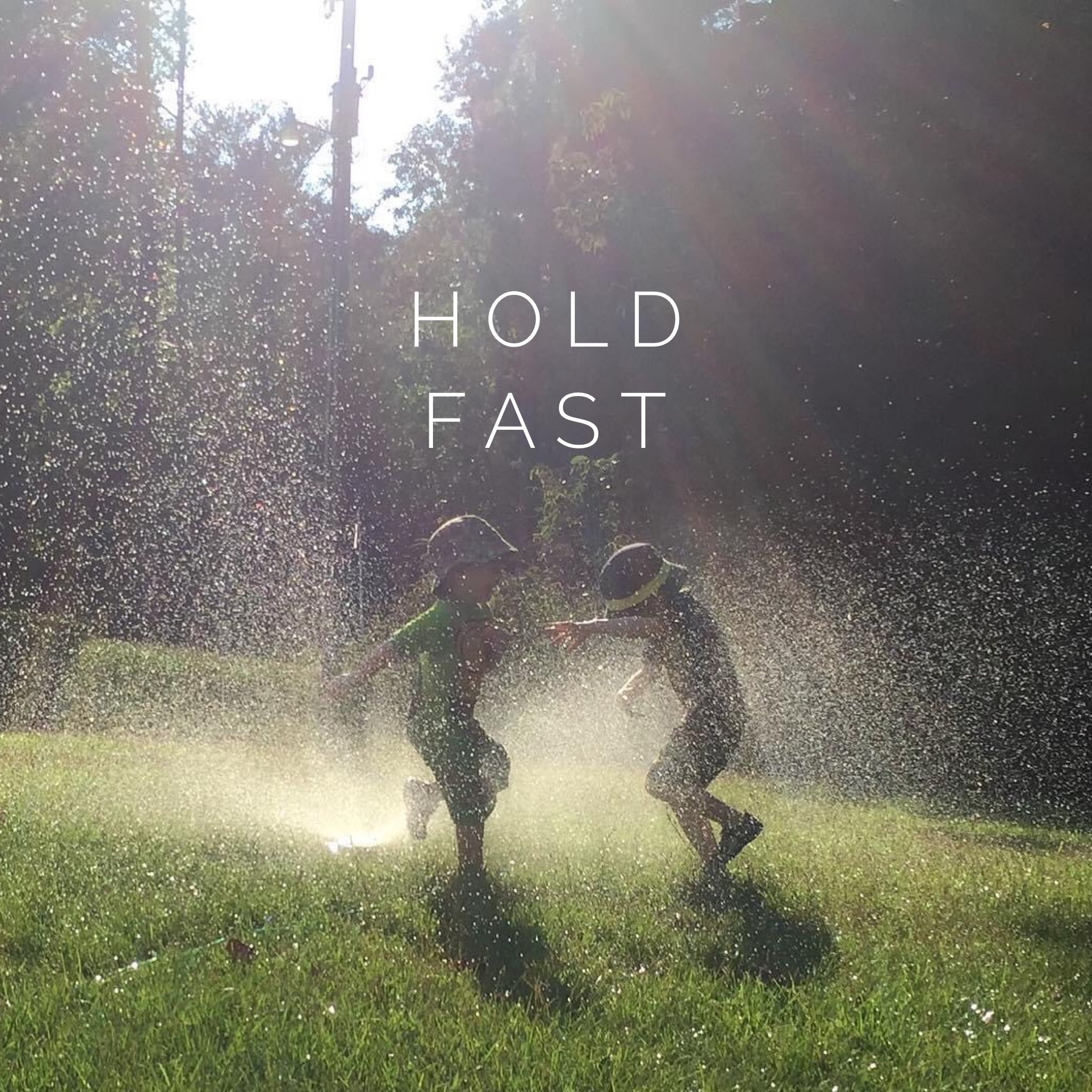I was six years old when Hurricane Hugo tore through South Carolina. We lived in Columbia at the time and so we were spared the storm’s full wrath. My brother, newborn sister, and I all slept in my parents’ room that night. Even as they taped up all the windows in our house, Mom and Dad had exuded a calm that we would be okay and we were. But I remember the howling winds through the night; the sound was like a gash being ripped in creation itself.
I felt vulnerable and small and scared. The world could have come undone.
The tricky thing about Advent is there is more than a little about this time of year that is about the world coming undone. There is an untamed ferocity to the season that we often bury under twinkling lights, sleigh bells, and children’s choirs. The first Sunday—the beginning of a new year in the church—is about hope. Hope for a better tomorrow. A time-displaced hope for the coming Christ child. A future hope for when all things will be made right. But it is all hope with a jagged edge.






